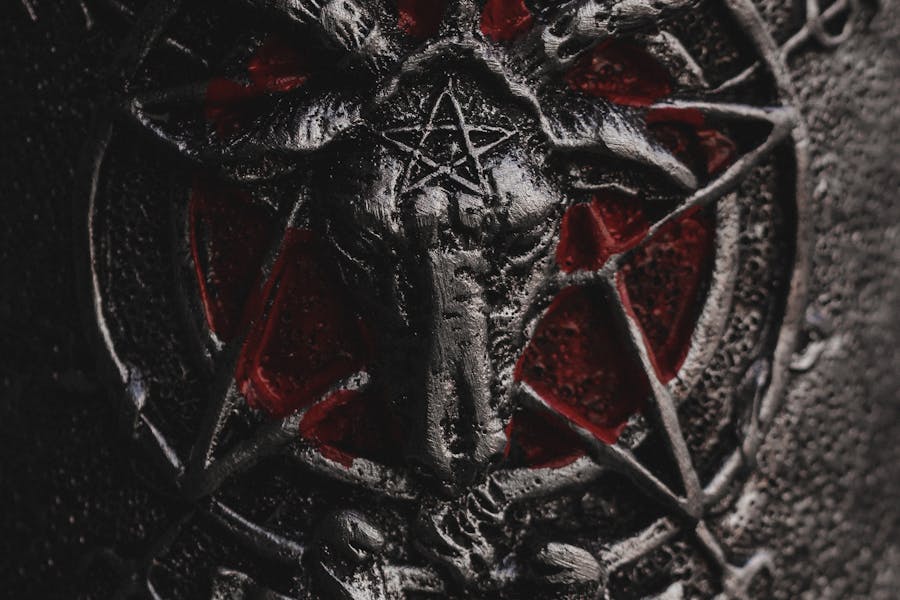The debate over Oklahoma’s proposed “Chaplain Bill” highlights the complex tensions between religious freedom and public education.
Introduction of The Satanic Temple Ministers
The Satanic Temple has announced its intention to place their ministers in Oklahoma public schools if Senate Bill 36, known as the “Chaplain Bill,” becomes law. This legislation would allow religious leaders to visit schools and discuss morality and spirituality with students.
Supporters vs. Critics of SB 36
Proponents of the bill argue that it will offer students additional guidance and support. However, The Satanic Temple’s announcement has sparked concerns among those who see it as a challenge to traditional values. The organization, known for advocating the separation of church and state, plans to seek equal access to schools based on First Amendment rights, which protect religious freedom for all, not just mainstream faiths.
Debate on Religion in Public Education
This development has ignited a fierce debate about the role of religion in public education. Advocates believe SB 36 could aid character development and moral guidance for students. Conversely, critics worry about exposing impressionable minds to various religious viewpoints within a public school setting. The Satanic Temple’s stance underscores these concerns.
Parental Concerns and Constitutional Freedoms
The potential presence of Satanic ministers in schools is particularly troubling for conservative parents, raising questions about parental rights in their children’s moral education. Oklahoma State Senator Rob Standridge, who introduced SB 36, aimed to support troubled youth through faith-based guidance but likely did not anticipate this reaction.
Constitutional Implications
The situation underscores a broader issue: opening school doors for one religion constitutionally necessitates doing so for all religions, even those seen as controversial. This brings into focus the tension between upholding constitutional freedoms and preserving cultural norms associated with conservative American values.
Cultural Clashes Over Religion
The debate over SB 36 reflects larger cultural conflicts regarding religion’s role in public life. For conservatives who view America as founded on Judeo-Christian principles, any shift towards secularism or non-traditional spiritual practices feels like an erosion of foundational truths.
Ongoing Ideological Battle
As Oklahoma grapples with this issue, it exemplifies the ongoing ideological battles over religion and education. Both sides invoke constitutional rights—freedom of speech and freedom of religion—making it difficult to find common ground.
Conclusion
While some argue that exposure to diverse viewpoints is essential for a comprehensive education, others believe there should be limits to protect children from influences deemed harmful or contrary to core American values. As The Satanic Temple prepares its ministers should SB 36 pass into law, communities across Oklahoma are left to wrestle with how far religious freedoms extend within public school walls without compromising other deeply held values.
Source: Finish The Race

